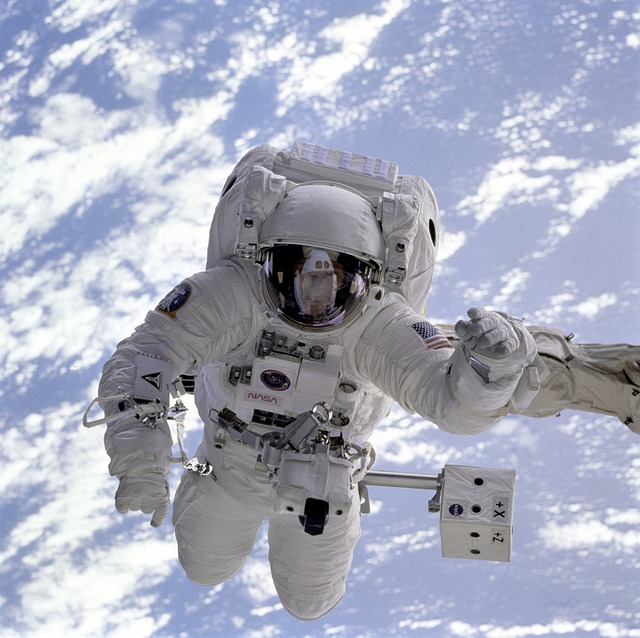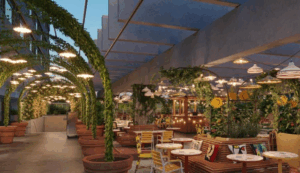Space tourism was a topic we thought belonged in science fiction but news is it’s just around the corner.
In addition to private space missions, such as 2021’s Inspiration4, where ordinary individuals spent several days orbiting the Earth in a SpaceX spacecraft, and the future DearMoon mission, planned for 2023, which will involve non-astronauts orbiting the moon, there are also some space “hotels” currently under development.
Orbital Assembly is launching two new projects – one of them is Voyager Station which will be built in space and is going to feature themed restaurants, deluxe lodgings accommodating 400 guests, concert venues, bars and lounges with views of the Earth, gyms, spas and villas that one can buy.
The construction of the ‘space hotel’ is slated to begin in 2026 and get completed and ready to welcome visitors by the decade-end.
The second project in the offing is Pioneer Station that will positively launch by the year 2025. It’s a smaller gravity-enabled “space-based business park”.
Voyager Station and Pioneer Station will both create their own artificial gravity by using centrifugal force. The idea is taken from science fiction films like “2001: A Space Odyssey” and “Interstellar”. The upcoming space stations will adopt a Ferris wheel-like structure, rotating to generate artificial gravity within their pods.
Despite their distinct appearance from Earth-based hotels, the rooms and facilities on each station will be quite familiar to frequent travelers. Essentially, they will resemble a typical upscale resort, but located in space.
Pioneer Station will have a smaller capacity, able to house up to 28 visitors. While it won’t offer extravagant amenities like those found on Voyager Station, its primary purpose is to function as a multi-purpose commercial, research, and tourism facility.
Thanks to the presence of gravity on the station, visitors will be able to engage in regular activities such as eating, drinking, or sleeping without the concern of spills or floating, which is a common issue on existing space stations.
“For the average person, being in space will be a sci-fi dream experience,” said Orbital Assembly’s chief operating officer Tim Alatorre. “Our vision is to make space a destination people will yearn to visit, with familiar elements provided by the presence of gravity.”
“Once people get to space, it will change their perspective about Earth. Space travel is still in its infancy, and we’re excited to do our part to push it forward to help improve life on Earth.”, he says.

















More Stories
Sabre Hospitality Expands SynXis Concierge.AI to Booking Engine, Elevating Hotel Guest Experience
Travelers Embrace Generative AI as Their Go-To Trip Planning Tool
Air New Zealand’s New Airbus A321neo Boosts Capacity and Efficiency on Australia Routes